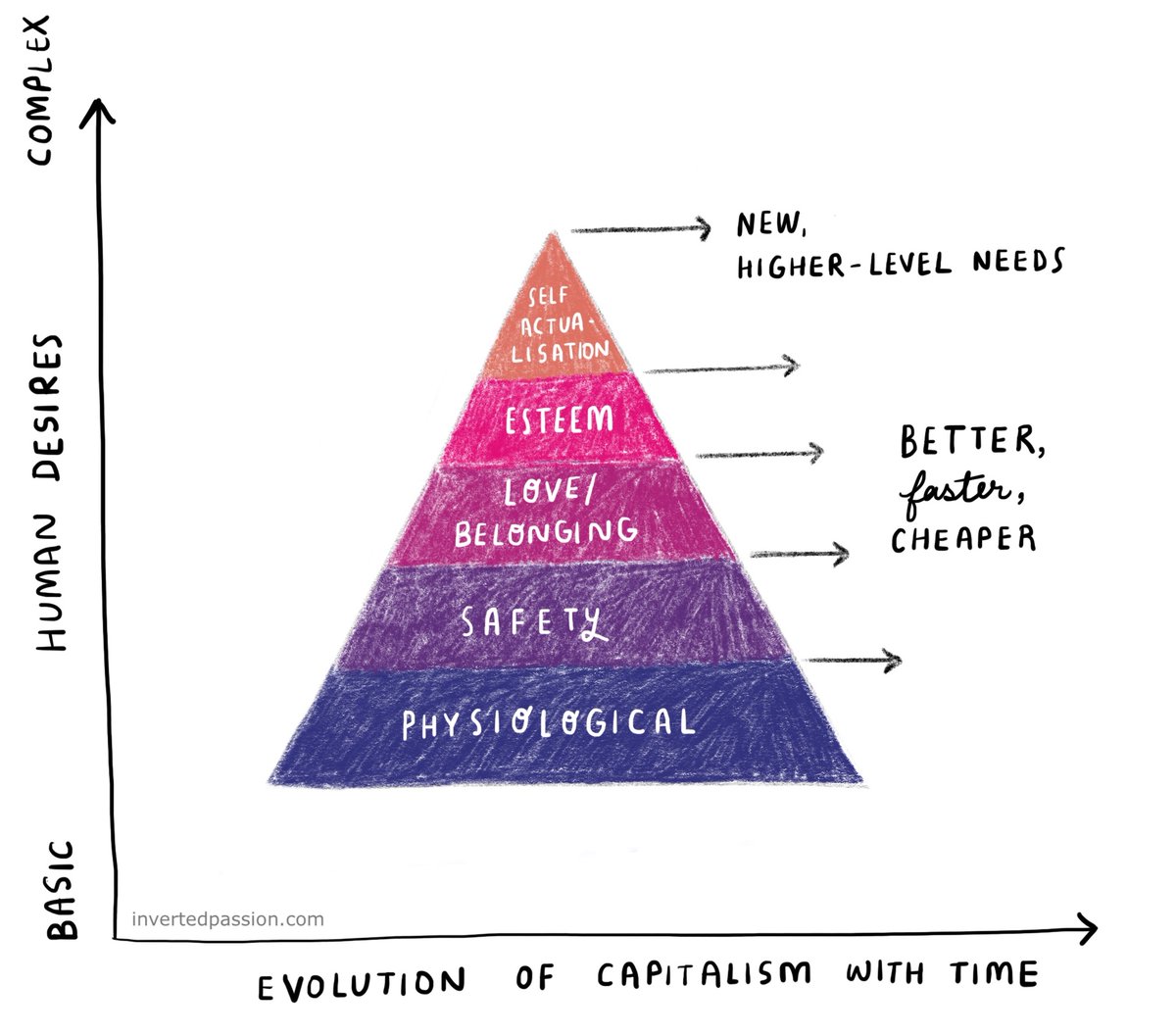24/ his recommends the following thumb rule: 👉🏼 choose problems that are at an intersection of importance and tractability. pic.twitter.com/jFnOaFlNvY
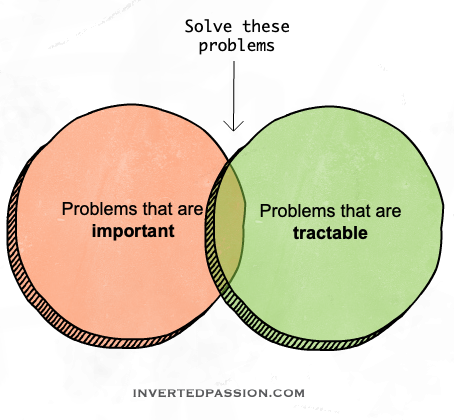
12/ So, to judge a problem’s importance, look at the expected improvement in the world if it is solved.
2/ So this creates kind of a feedback loop. pic.twitter.com/1dPEz5Pqlv
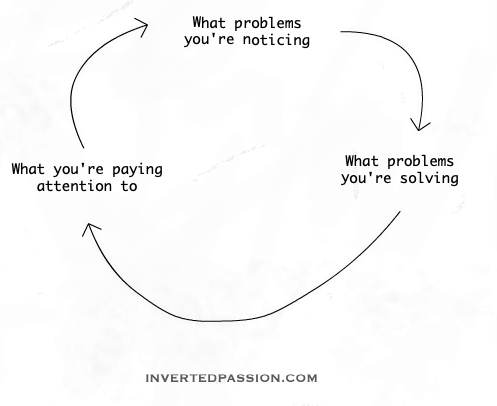
1/ Picking problems to solve is a function of attention. Wherever and whatever you’re paying attention to is going to reveal problems in that domain to you. Solving such revealed problems is going to absorb you and will reveal even more problems worth solving in that domain.
Commoditize your value chain before it commoditizes you. (a 🧵 thread on this mental model) pic.twitter.com/e2n7DZuiJA
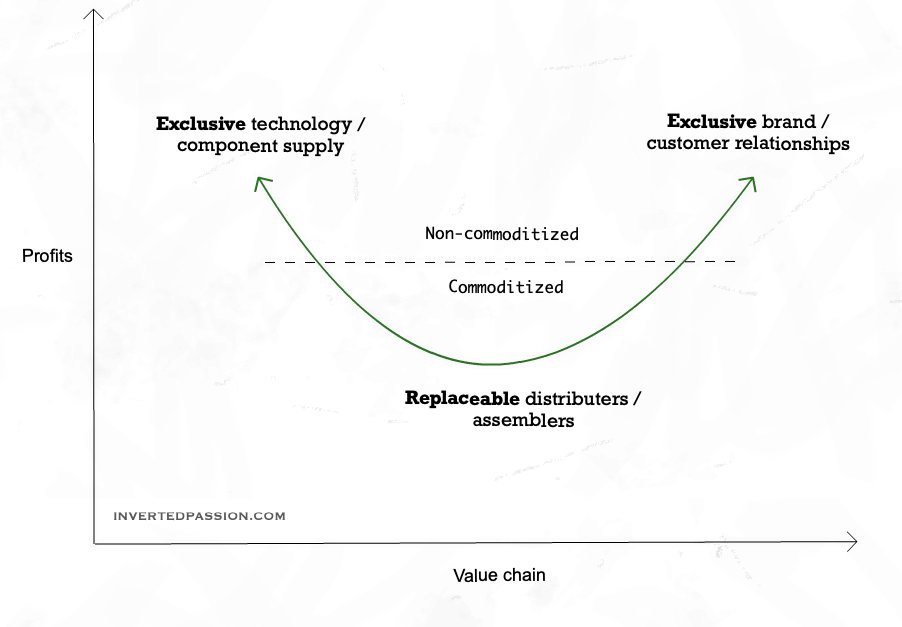
7/ A common mistake that entrepreneurs make is to focus exclusively on end-customers while ignoring to build long-term, genuine partnerships with other businesses.
3/ If nurtured well, business partnerships create positive feedback loops that help rapidly grow a business Consider the case of Apple, famously vertically integrated company that makes its own OS, processor & phone components that most companies typically purchase from vendors
1/ No business delivers value to the end customer all by itself. In reality, a business does very few things within its boundaries. Everything else must come from other businesses: from renting servers on AWS, leasing offices, advertising on Google & buying laptops from Dell.
15/ 🧠 Remember: your startup belongs to an ecosystem and to maximize your startup's potential, make sure you grow the ecosystem too.
11/ A growing ecosystem lifts all companies that belong to it, but a declining one punishes even the best-run companies. An example of a declining ecosystem today is the publishing industry.
6/ While the natural urge for entrepreneurs is to capture maximum value for themselves, but that often gets them stuck into local maxima. For truly maximizing value, the entrepreneur needs to push for the growth of the entire ecosystem (and not just her own company).
1/ All startups live in an ecosystem where different businesses directly or indirectly support one another. e.g in the case of the automotive industry, the ecosystem consists of car manufacturers, parts manufacturers, petrol stations, service centers, car insurance companies.
All startups belong to an ecosystem that makes or breaks them. (a 🧵 thread on this mental model) pic.twitter.com/zrJSe53DQo
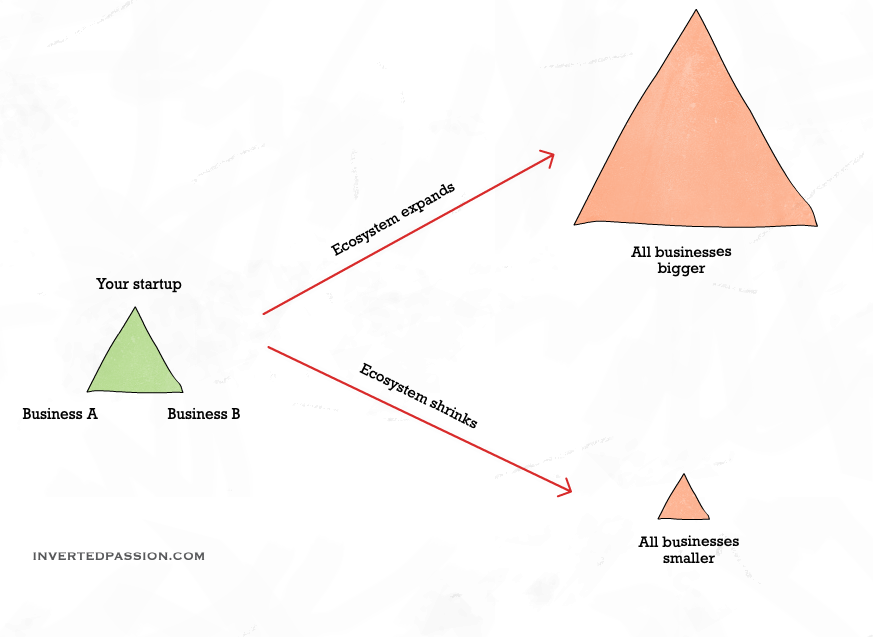
3/ Startups can fail for many reasons. Even if an entrepreneur gets everything right but errs on a specific aspect (say distribution, pricing, onboarding, or even the choice of technology), it’s possible that her entire project fails. pic.twitter.com/9jnFngF0Zd
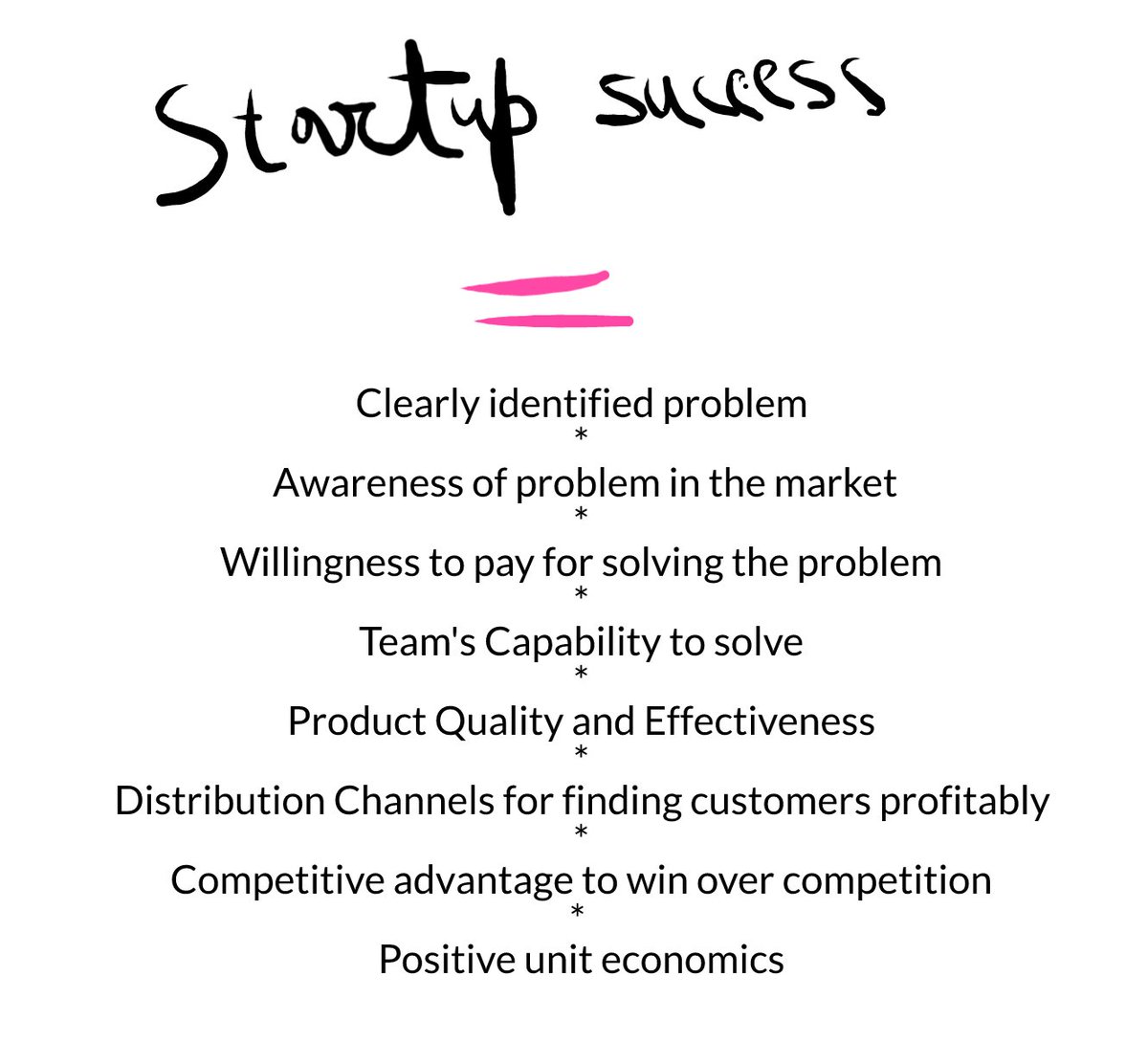
4/ Getting several things right in one go is almost impossible. Therefore, an entrepreneur should strive to have clarity on what few aspects of the *total solution* delivered to customers need originality and everything else should be borrowed from current best practices.
9/ Different geographies have different challenges that require innovation. Take Flipkart for example. It’s a multi-billion dollar company in India, and its founders learned the model after working at Amazon.
17/ 🧠 Remember: innovate only on one thing that differentiates your business; copy everything else.

Steal successful ideas from everywhere. (a thread on this mental model) 🎉 14th chapter of my book: invertedpassion.com/steal-successf… pic.twitter.com/BmDL4cSD48

The week rule to prevent failure. (a thread on this mental model) 🎊 It's the 13th chapter of my book: invertedpassion.com/the-week-rule-… pic.twitter.com/gElFqb3FKg
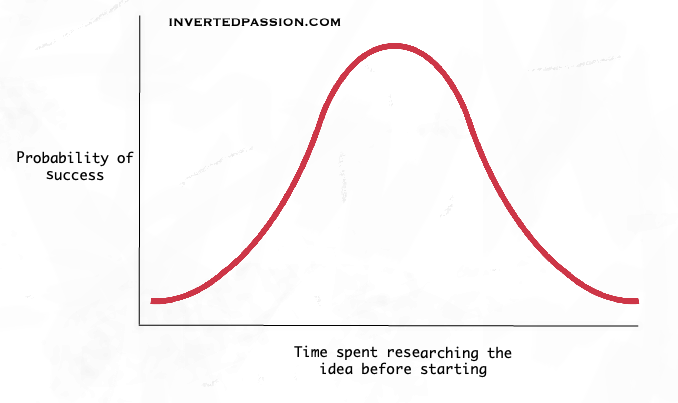

Habits prevent people from switching from the familiar to the new. (a thread on this mental model) 🎉 It's the 12th chapter of my book: invertedpassion.com/habits-and-int… pic.twitter.com/asv6buQPSH
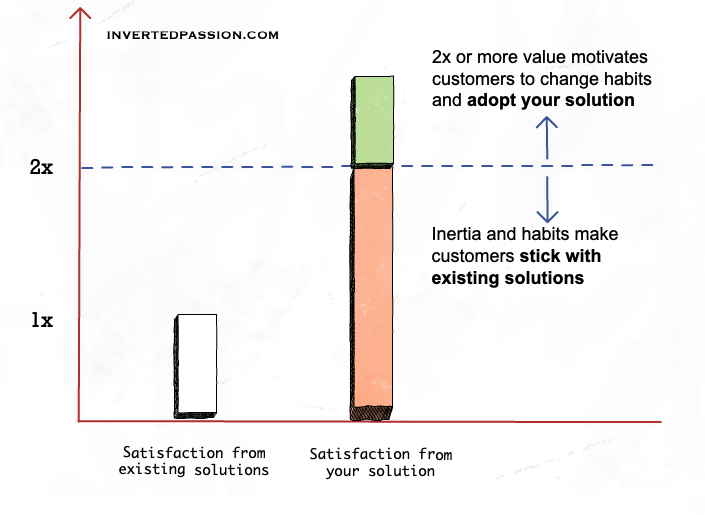

Deliver value only on dimensions that customers care about. (a thread on this mental model) 🎉 It's also 11th chapter of my book invertedpassion.com/deliver-value-… pic.twitter.com/EbSEAXrClf
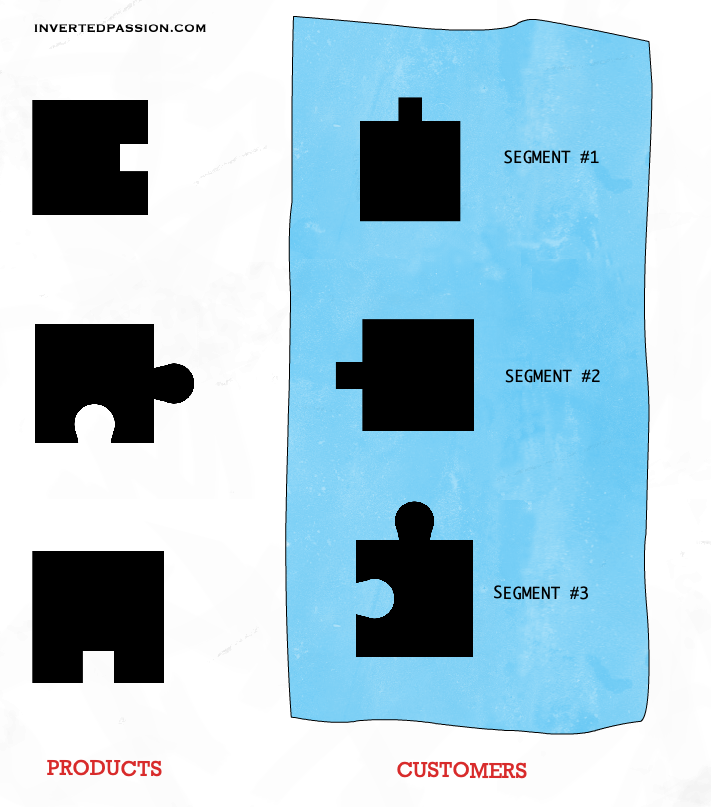

All sophisticated solutions start extremely simple (a thread on this mental model) 📕 It's also 10th chapter of my book invertedpassion.com/all-sophistica… pic.twitter.com/5jD3poKjTK
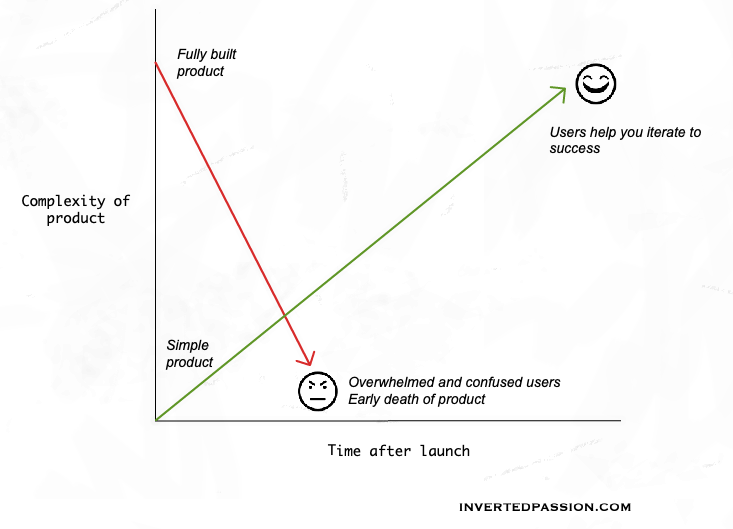
People don’t like using technology. (a short thread on this mental model) ✨ It's also the 9th chapter of my book invertedpassion.com/people-dont-li… pic.twitter.com/Tuz7CIsIBP
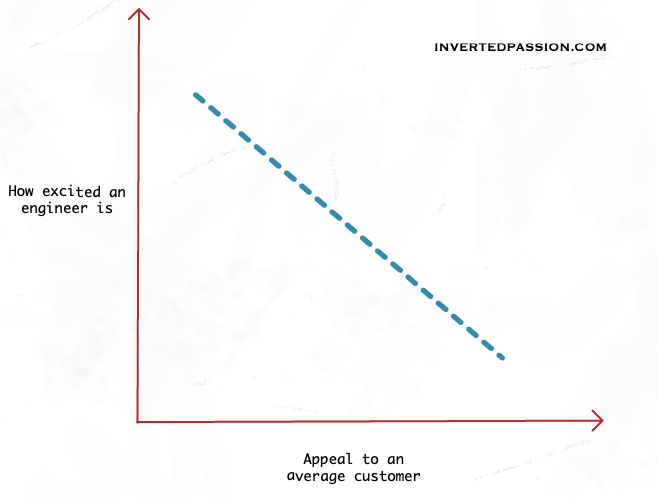
Be the king of a pond, rather than a dead fish in the ocean. (a short thread on this mental model) 🔥 It's also the 8th chapter of my book invertedpassion.com/define-your-ma… pic.twitter.com/5ytcK4bOKs
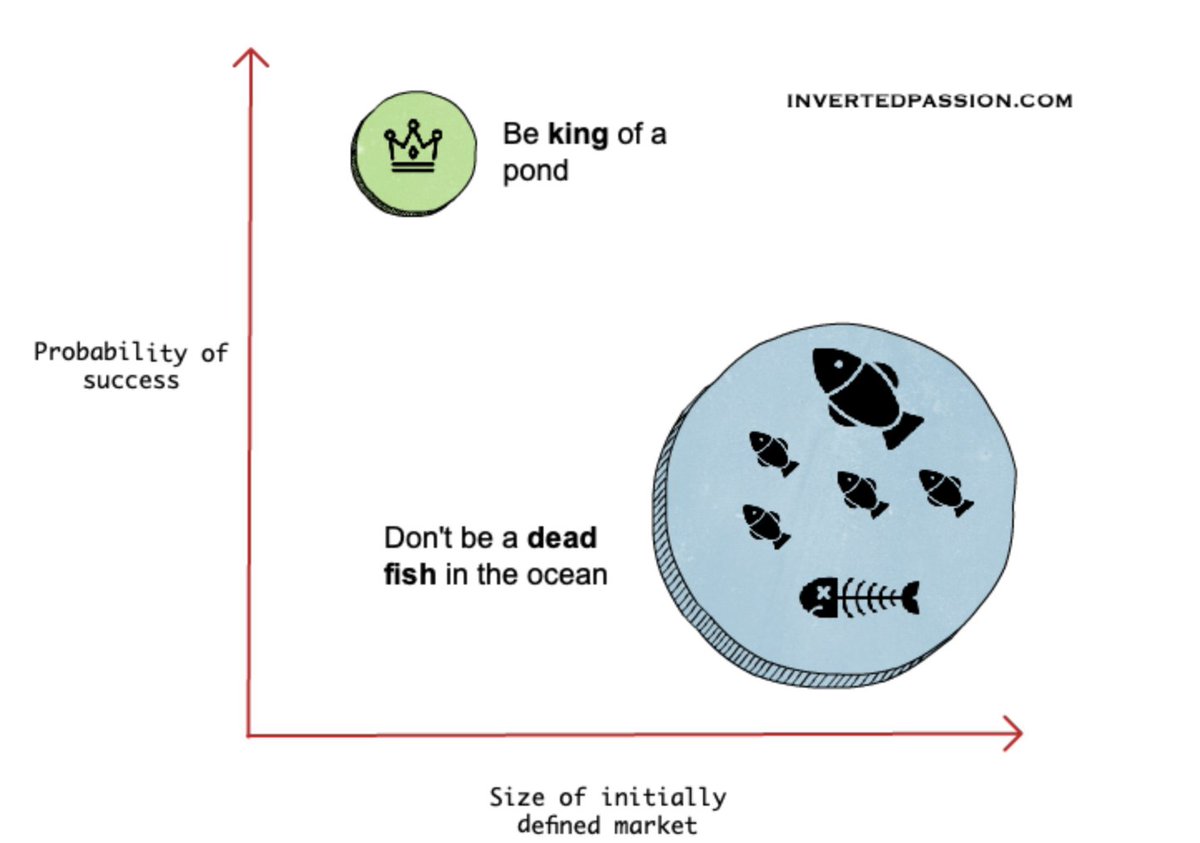
Only two types of startups exist: technology-led and culture-led (a short thread on this mental model) 🔥 It's also the 7th chapter of my book invertedpassion.com/types-of-start… pic.twitter.com/tBXU9svvff
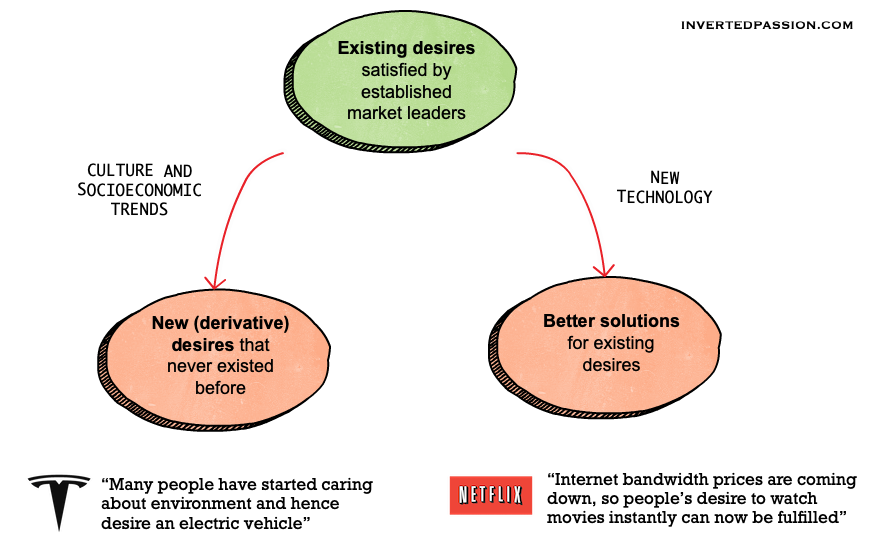
Don’t be a first-mover, be the first one to get it right (a short thread on this mental model) 🚀 It's also the 6th chapter of my book invertedpassion.com/dont-be-a-firs… pic.twitter.com/IAtdAs0E9E
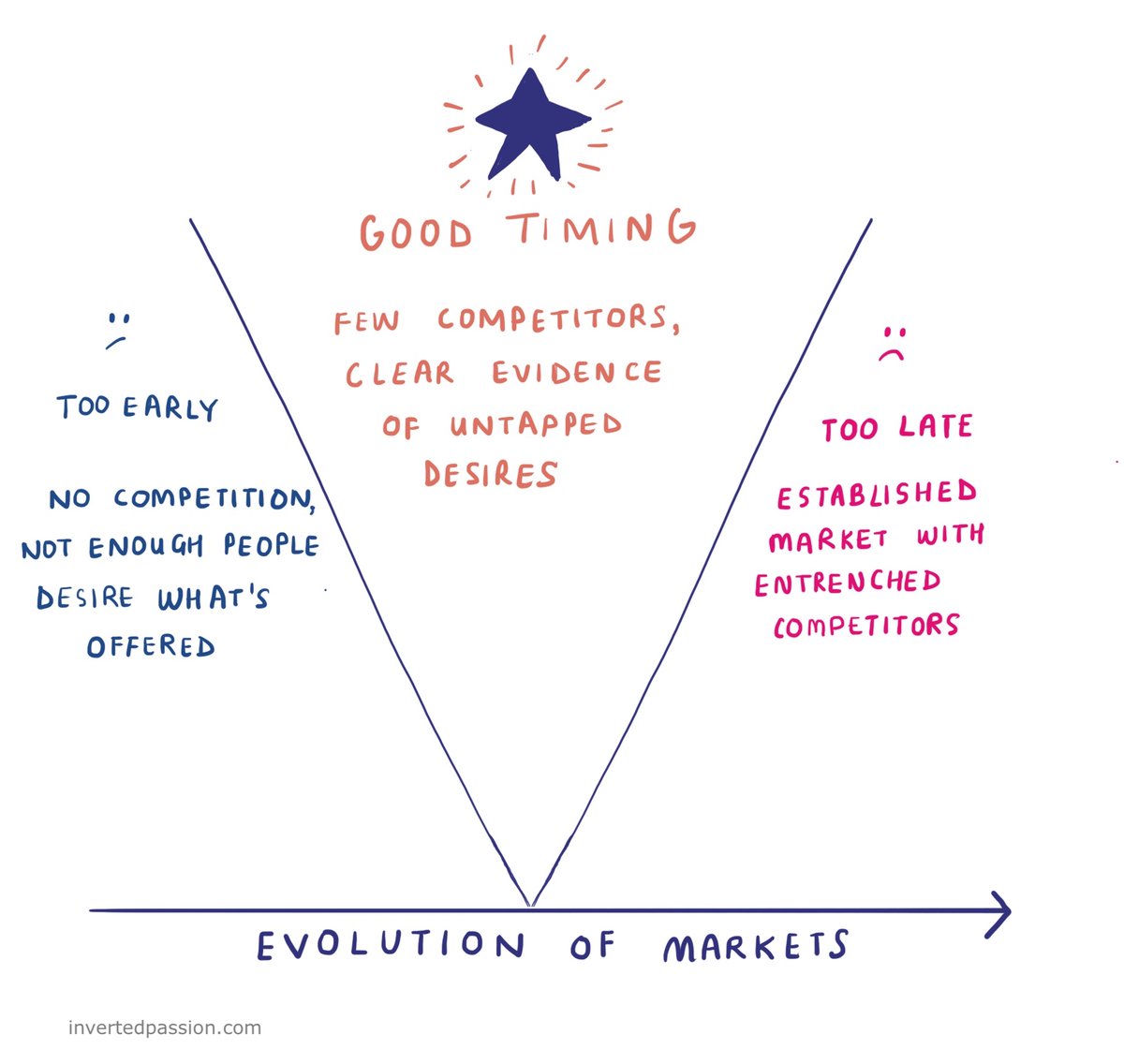
Search for market-product fit, not product-market fit (a short thread on this mental model) 🔥 It's also the 5th chapter of my new book invertedpassion.com/product-market… pic.twitter.com/7pFF1Q2WCm
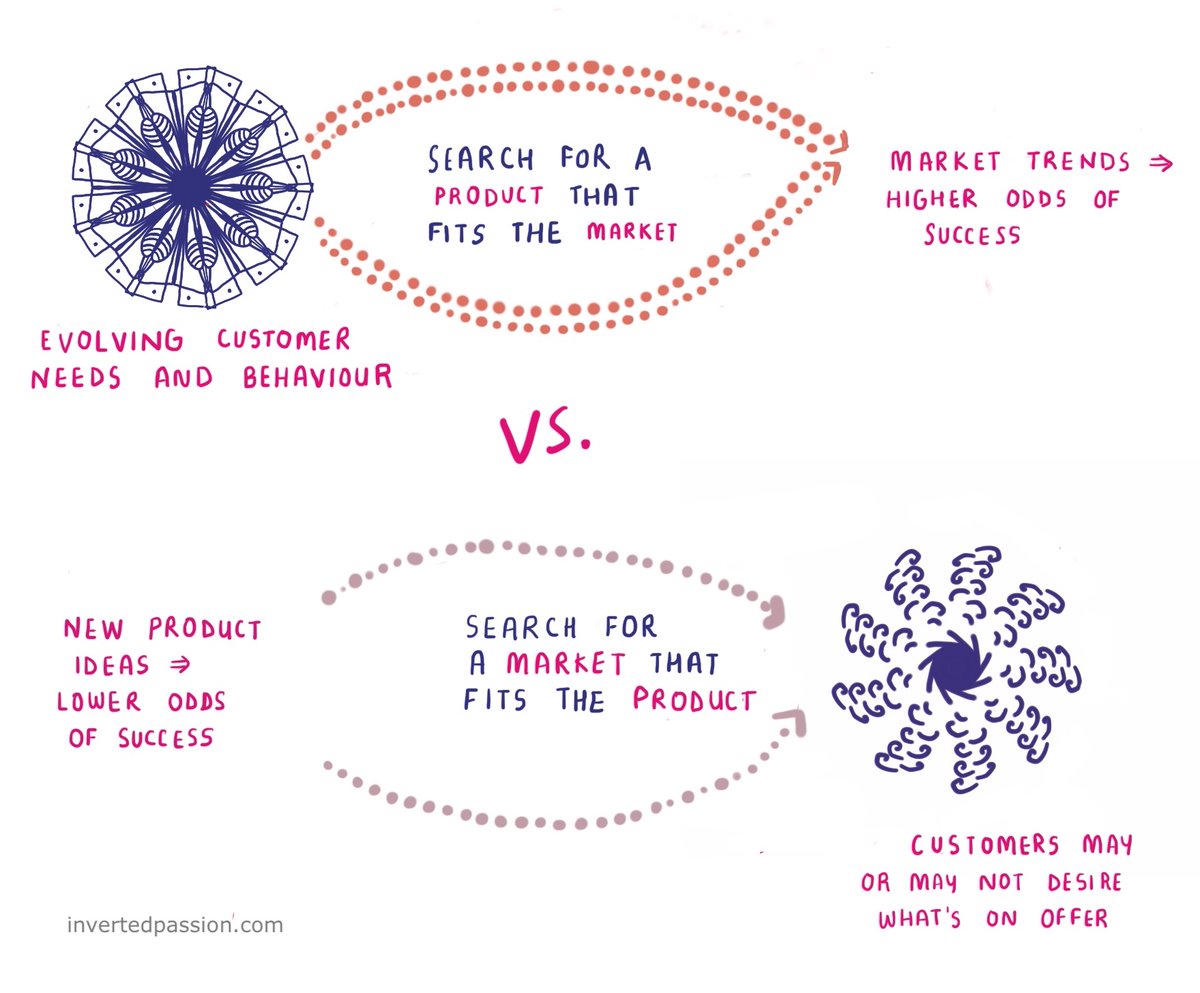
Be in the desires market, not the solutions market. (a short thread on this mental model) 🚀 It's also the 4th chapter of my new book invertedpassion.com/jobs-to-be-don… pic.twitter.com/0xpWBAGvuP

Evidence of desire is in people’s behavior (and not in what they say) (a short thread on this mental model) 🎉 It's also the 3rd chapter of my new book invertedpassion.com/evidence-of-de… pic.twitter.com/zkN957RNDo

Businesses exist to fulfil human desires. (a short thread on this mental model) 🎉 It's also the 2nd chapter of my new book invertedpassion.com/why-do-busines… pic.twitter.com/6kPRr9AJxT
